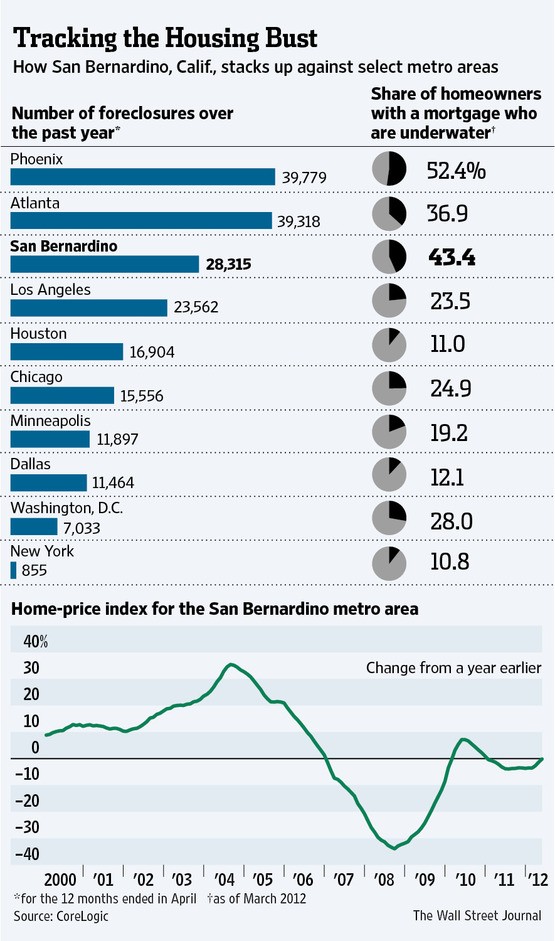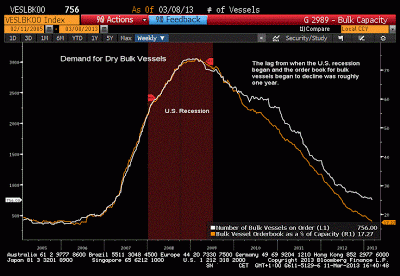Detroit s bust could ripple back to Buffett s Berkshire Money
Post on: 8 Май, 2015 No Comment

Posted: Saturday, July 20, 2013 12:00 am
Detroit’s bust could ripple back to Buffett’s Berkshire By Steve Jordon / World-Herald staff writer The Omaha World-Herald
Detroit has filed for bankruptcy to reduce its debts, and Berkshire Hathaway Inc. of Omaha insures about $700 million worth of Detroit’s sewer and water bonds.
It’s unclear whether the bankruptcy case would let Detroit default on the bonds or pay only part of what it owes, which could prompt the bond holders to file insurance claims against Berkshire.
Berkshire, the Omaha-based conglomerate headed by Chairman and CEO Warren Buffett, and its bond insurance division, Berkshire Hathaway Assurance Co. aren’t commenting on the matter. Friday, a Michigan judge ordered the state to withdraw Detroit’s bankruptcy petition, saying it violated the state’s constitution.
The bonds insured by Berkshire are being repaid from sewer and water fees, not city taxes pledged to Detroit’s “general obligation” bonds. Detroit is seeking to pay only a portion of its general obligation bond debt, along with other debts the city owes.
Revenue bonds, such as the sewer and water bonds insured by Berkshire, generally are repaid as long as the revenue continues, and sewer and water fees generally are regarded as a steady source of money. That difference might be enough to prevent a claim against Berkshire.
But if Detroit’s bankruptcy case goes ahead, the court and Detroit officials could bring all of the city’s financial obligations into play, said Bill Beavers, a senior vice president with Ameritas Investment Corp. in Omaha and a veteran of the municipal bond market.
Squabbling over bankruptcy
A Michigan judge on Friday said Detroit’s Chapter 9 bankruptcy filing violated the state’s constitution and ordered Governor Rick Snyder to withdraw it.
In Lansing, Mich., Circuit Judge Rosemarie Aquilina criticized Snyder for filing on Thursday before she could rule on a bid by city workers and their pension funds to consider an emergency request to block the filing. “I’m finding the actions that were taken in filing bankruptcy as overreaching and unconstitutional,” she said.
She ordered the governor to direct Detroit emergency manager Kevyn Orr to withdraw the bankruptcy petition.
Attorney General Bill Schuette applied for permission to appeal the decisions. He also filed a motion to suspend Aquilina’s rulings pending appeal, said Joy Yearout, a spokeswoman for the attorney general.
Kenneth Klee, the bankruptcy lawyer who spearheaded the bankruptcy restructuring of Jefferson County, Ala. said a state judge can’t force Detroit out of federal bankruptcy, even if Snyder agrees to try to withdraw the petition.
Once Detroit city filed the bankruptcy petition, it came under federal jurisdiction and the case cannot be withdrawn, even by Snyder, said Klee, of Klee Tuchin Bogdanoff & Stern LLP in Los Angeles. A federal judge would have to agree to dismiss the case, Klee said.
— Bloomberg News
“It’s not going to be clear what they owe until this is debated and settled within the court system,” Beavers said Friday. “I don’t know of anybody who has been in this kind of a pickle.”
As for the water and sewer bonds, he said, “I don’t think they’re bulletproof.”
Any Detroit-issued bonds could come into play as the city tries to restructure its finances, he said.
Detroit’s bankruptcy filing is unusual because it lists the general obligation bonds as “unsecured debt,” when such bonds usually are considered solidly backed by legal pledges to repay them with tax funds.
Beavers said the Berkshire-backed bonds could be endangered by Detroit’s long-standing economic problems, including a drop in population and rising poverty, which could reduce sewer and water revenue available to repay the bonds.
Detroit officials have proposed a plan to repay $2 billion of the city’s $11.4 billion in unsecured debt, which includes $530 million in general obligation bonds and makes up most of the city’s $18 billion debt.
The Bond Buyer, an industry newsletter, said Detroit officials “stunned” the bond market by lumping general obligation bonds in with other unsecured debt. Generally, defaulting on those bonds is a last resort in resolving a city’s financial shortfall.
Berkshire Chairman Buffett has described the business of insuring municipal bonds as “dangerous” because of the potential for defaults.
But he also said Berkshire’s strong cash position is an advantage that could make its bond insurance business profitable, and he promised Berkshire would be cautious in taking on risk in that market.
As a result, Berkshire is the secondary insurer on the Detroit water and sewer bonds, meaning it would have to pay only if the city defaults and if the primary insurer, Financial Guaranty Insurance Corp. of New York City, runs out of money, too. Financial Guaranty is officially in financial “rehabilitation” because of earlier losses and is being supervised by state officials.
Government bonds are essentially IOUs sold to investors who expect to receive repayment plus interest, usually free of income taxes. Bonds can be traded, and if there’s a risk of a city defaulting on its bond obligations, their value declines.

Cities buy bond insurance to reassure investors that they will get their money back even in case of default. Cities can then sell bonds at a lower interest rate and save money over the life of the bonds.
Bond insurance companies, like Berkshire, receive premiums and can use the money for investments while it waits in reserve pending insurance claims.
Before Detroit’s bankruptcy filing, the Bond Buyer had said the bonds backed by Berkshire’s secondary guarantee were holding their value better than other Detroit bonds because they are backed by Berkshire’s strong finances.
In June, Kevyn Orr, Detroit’s emergency manager, announced that the city would default on its pension certificates. But the Berkshire-backed bonds held their value, an indication that investors did not expect a default, the Bond Buyer said.
In Detroit’s bankruptcy petition Thursday, Michigan Gov. Rick Snyder said Orr had not been able to reach agreement on a restructuring plan with Detroit’s creditors.
“The city’s creditors, as well as its many dedicated public servants, deserve to know what promises the city will keep,” Snyder said. “The only way to do those things is to radically restructure the city and allow it to reinvent itself without the burden of impossible obligations.”
Berkshire began insuring municipal bonds in 2008, when other bond insurers were in financial trouble.
That year, Buffett wrote in a letter to Berkshire shareholders that insuring tax-exempt bonds can be “a dangerous business — one with similarities, in fact, to the insuring of natural catastrophes.”
“In both cases, a string of loss-free years can be followed by a devastating experience that more than wipes out all earlier profits. We will try, therefore, to proceed carefully in this business.”
He said some government officials, worrying about political consequences, may default on bonds rather than raise taxes, cut city services or reduce labor contracts to continue bond payments. With insured bonds, that temptation is even stronger because investors would be repaid by insurers like Berkshire rather than suffering losses themselves and blaming political leaders, he said.
“Local governments are going to face far tougher fiscal problems in the future than they have to date,” Buffett wrote. “If a few communities stiff their creditors and get away with it, the chance that others will follow in their footsteps will grow.”
Buffett said Berkshire mostly sold “second to pay” bond insurance, as with the Detroit bonds, and in one case sold “fourth to pay” coverage.
Bond issuers have paid higher premiums for insurance from Berkshire than from some other insurers, Buffett said, and in many cases Berkshire is “the sole insurer acceptable to bondholders” because it has plenty of money in case of a default.
The Omaha World-Herald Co. is owned by Berkshire Hathaway Inc.














